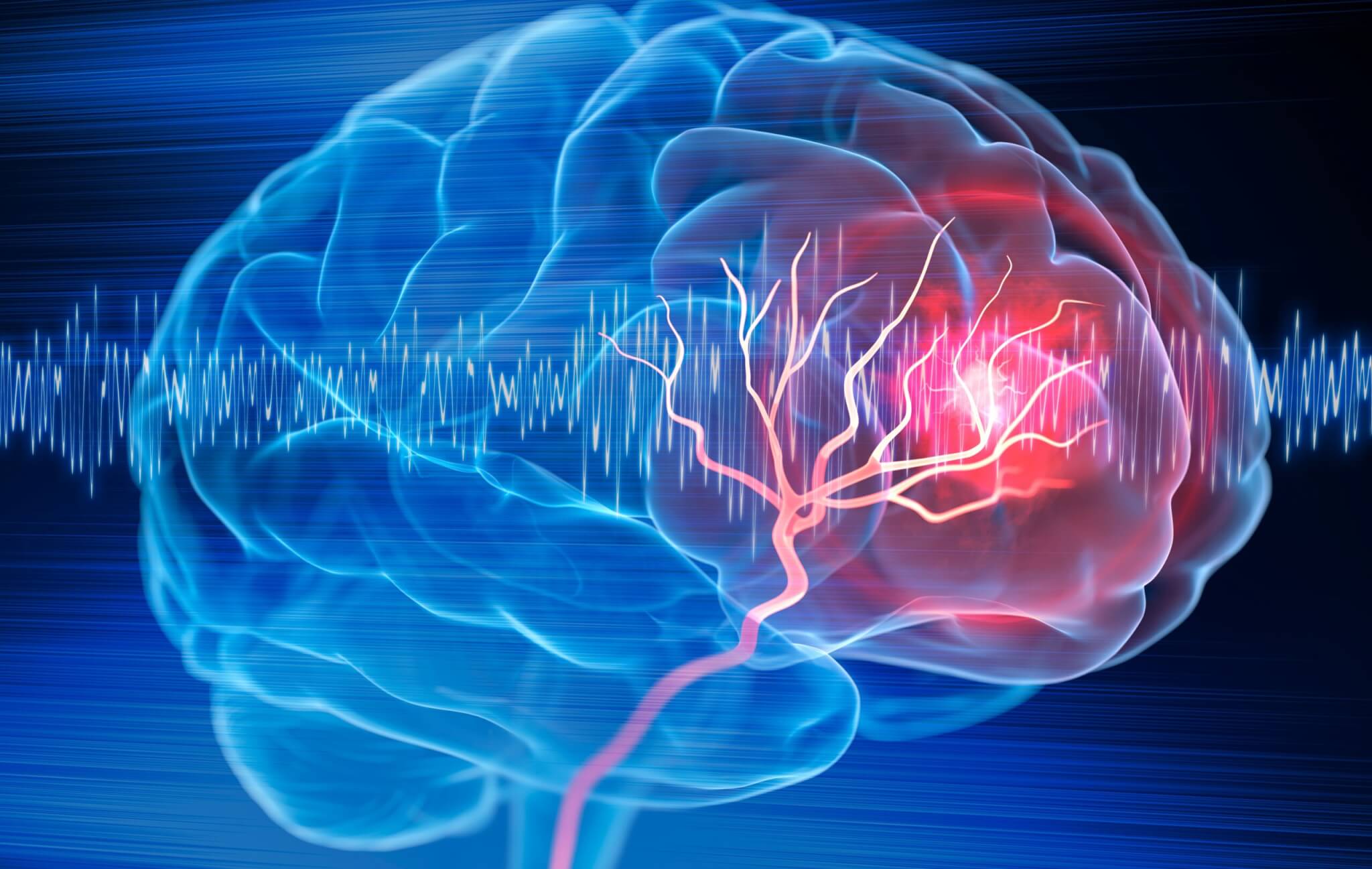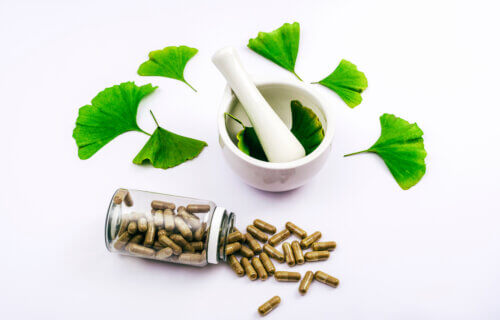DALLAS — A traditional Chinese herbal remedy, which actually dates back to the era of the dinosaurs, can accelerate recovery in stroke victims, a new study reveals. Scientists have discovered that the active components of the ginkgo biloba plant, a “living fossil,” may enhance the early recovery of cognitive functions following a stroke resulting from a blood clot.
The research, conducted in China, involved treating adults with intravenous injections of ginkgo diterpene lactone meglumine (GDLM) — a compound derived from the biologically active ingredients of ginkgo biloba — following an ischemic stroke due to a clot. The results showed that patients treated with GDLM experienced improved cognitive recovery after 14 days and again at 90 days post-stroke.
Ginkgo biloba preparations, focusing on the plant’s active ingredients, are commonly utilized in China as an adjunctive therapy for ischemic stroke. Extracted from the dried leaves and seeds of the ginkgo tree, one of the oldest living tree species native to East Asia, ginkgo biloba has a long history of medicinal use.
“If our positive results are confirmed in other trials, GDLM injections may someday be used to improve cognitive function for patients after ischemic stroke,” says Anxin Wang, Ph.D., an associate professor of clinical epidemiology at the Beijing Tiantan Hospital of the Capital Medical University in Beijing, in a media release.
Researchers studied the cognitive recovery of over 3,000 stroke survivors, averaging 63 years of age, who were treated for mild to moderate ischemic stroke at 100 centers across China. The treatment began within 48 hours of the stroke. Approximately half of the stroke survivors were randomly chosen to receive daily intravenous injections of 25 mg of GDLM for 14 days, while the remainder received daily intravenous placebo injections.
Cognitive performance was evaluated before the treatment, at 14 days, and again at 90 days. After 14 days, stroke survivors who received injections of the ginkgo biloba compound showed improved cognitive scores compared to their initial screenings, outperforming those who received the placebo.
By day 90, the cognitive scores of individuals treated with the ginkgo biloba compound injections had improved even further, surpassing the scores of those who had received the placebo.
“The proportion of patients who reached a clinically significant level of improvement was 20% higher in the GDLM group, indicating that GDLM injections may improve cognitive function in patients with acute ischemic stroke,” Wang says. “Since the follow-up time in this study was only 90 days, the longer-term effect of GDLM injections requires longer-term research.”

“GDLM has shown a neuroprotective effect through multiple mechanisms, such as expanding brain blood vessels and improving brain cells tolerance to hypoxia (inadequate oxygen) and increasing cerebral blood flow. GDLM also has neuroprotective antioxidation, anti-inflammation and anti-apoptosis (cell death) properties,” Wang continues. “Additionally, laboratory studies have previously indicated that GDLM may promote secretion of chemicals associated with avoiding neurodegenerative diseases, such as Parkinson’s disease and Alzheimer’s disease.”
The findings of the preliminary study are due to be presented at the American Stroke Association’s International Stroke Conference.
In a 2022 American Heart Association Scientific Statement: Complementary and Alternative Medicines in the Management of Heart Failure, it was noted there may be some benefits and potentially serious risks to complementary and alternative medicines, so involving the healthcare team is critical.
“While this American Heart Association statement focused on the use of supplements in patients with heart failure, the same approach and caution should be used when treating all cardiovascular diseases including stroke,” says Chair of the scientific statement writing committee Sheryl L. Chow, Pharm.D., FAHA, an associate professor of pharmacy practice and administration at Western University of Health Sciences in Pomona, California, and an associate clinical professor of medicine at the University of California-Irvine.
“Stroke patients should not take gingko biloba or other herbs or supplements without discussing it with their doctor and pharmacist. If this new research proves to be effective in future clinical trials it may be a valuable tool for after-stroke care; however, efficacy and safety would need to be demonstrated to meet the same standards as all prescription medications and secure FDA approval.”
South West News Service writer Stephen Beech contributed to this report.
